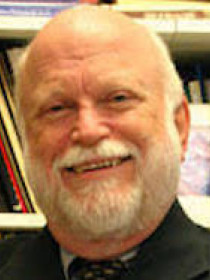
Tracy Lightcap
Connect with Tracy
About Tracy
Lightcap's research focuses on American political institutions, judicial politics, public law, and comparative judicial systems. Overarching themes of his work include law and courts, research methods, and the American polity. Lightcap also directed LaGrange College’s Capitol Hill Internship Program and taught and helped create multi-disciplinary courses at the college.
Contributions
The Perils of the Entrepreneurial Model in University Governance
Publications
Presents research by several scholars using both comparative case studies and statistics to analyze public acceptance of torture, how torture develops informally within governments, and what the consequences of trying to control it are.
Examines problems with using business methods to direct colleges and universities by a close look at the presidential selection crisis at the University of Virginia. Further examines the impact of such methods on American democracy.
Presents evidence of how the use of informal institutions can undermine the rule of law when the justifications of leader's policies come under sufficient stress. Examines both torture during the "War on Terror" and its subsequent effects in the United States.
Finds that the influence of political attitudes on U.S. Supreme Court decisions is controlled by the degree of uncertainty justices have about the effects their votes have on how the law develops. Explains that the more uncertain they are about the outcomes of their votes, the more they will depend on their political attitudes.